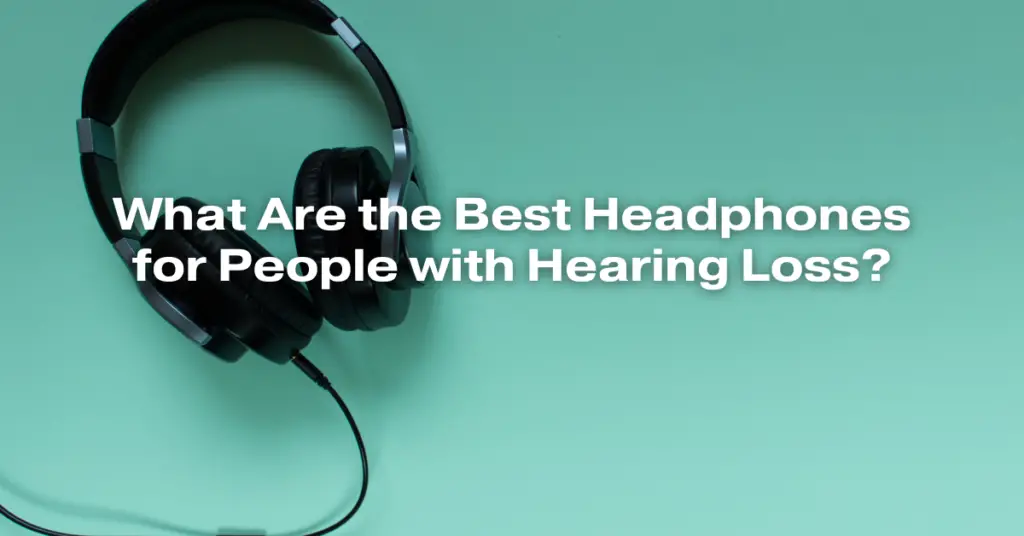Choosing headphones for people with hearing loss requires careful consideration of their specific needs and preferences. Here are some headphones and features that can be beneficial for individuals with hearing loss:
- Bone Conduction Headphones:
- Bone conduction headphones bypass the ear canal and deliver sound vibrations directly to the inner ear through the bones of the skull. They can be an excellent choice for individuals with certain types of hearing loss, as they don’t obstruct the ear canal.
- Hearing Aid Compatibility:
- Some headphones are designed to work seamlessly with hearing aids. Look for headphones that are compatible with telecoils or have a “T-coil” mode, which can help transmit audio directly to hearing aids without interference.
- Volume and Sound Quality:
- Choose headphones with adjustable volume levels and good sound quality. Being able to control the volume independently can be essential for individuals with varying degrees of hearing loss.
- Noise-Canceling or Noise-Isolating Headphones:
- Noise-canceling headphones can help reduce background noise, making it easier for individuals with hearing loss to focus on the audio they want to hear. Noise isolation headphones also block out some external sounds passively.
- Closed-Back Headphones:
- Closed-back headphones can provide better sound isolation and prevent sound leakage, which can be especially useful in noisy environments.
- Wireless Connectivity:
- Wireless headphones can be more convenient for individuals with hearing aids, as there are no wires that may interfere with their devices. Bluetooth connectivity allows for wireless pairing with smartphones and other devices.
- Bluetooth Hearing Aids:
- Some hearing aids come with Bluetooth capabilities, allowing them to connect directly to compatible devices, including smartphones and audio sources. This can eliminate the need for headphones altogether.
- Built-in Hearing Enhancement Features:
- Some headphones have built-in hearing enhancement features, such as personalized amplification or equalization settings. These features can be adjusted to suit the individual’s hearing preferences.
- Comfort and Fit:
- Prioritize headphones with a comfortable fit, especially if they will be worn for extended periods. Over-ear or on-ear designs with cushioned ear cups can offer comfort and stability.
- User-Friendly Controls:
- Look for headphones with intuitive and easy-to-use controls. Large buttons or touch-sensitive controls can be helpful for individuals with dexterity issues.
- Reviews and Recommendations:
- Seek recommendations from hearing healthcare professionals or organizations specializing in hearing loss. They can provide insights into headphones that are most suitable for specific types of hearing loss.
It’s important to involve the individual with hearing loss in the selection process and consider their unique needs and preferences. Consulting with a hearing healthcare professional can also provide valuable guidance in choosing headphones that accommodate their specific hearing challenges.


